Reasons for removing floor prices in aviation services
On the afternoon of May 23, continuing the 5th session, the National Assembly discussed in the hall a number of contents with different opinions of the draft Law on Prices (amended).
Presenting a report explaining, accepting and revising the draft Law on Prices (amended), Chairman of the Finance and Budget Committee Le Quang Manh said that the draft Law has eliminated confusing regulations, created transparency in State management of prices, ensured consistency in the legal system, and is consistent with international practices.
Regarding domestic air passenger transport services, Chairman of the Finance and Budget Committee Le Quang Manh said that some opinions suggested that no price ceiling should be applied. However, the Government 's viewpoint is to propose maintaining the regulation on price ceiling and removing the regulation on price floor for domestic air passenger transport.
According to the National Assembly Standing Committee, it is necessary to maintain the ceiling price regulation and remove the floor price regulation for domestic air passenger transport services.
Because, based on the summary of the Law on Civil Aviation, the Ministry of Transport has proposed to remove the regulation on floor prices to create a mechanism to encourage competition, reduce service prices, protect consumer interests, especially low-income people to access aviation services; reduce social costs, and promote economic development.
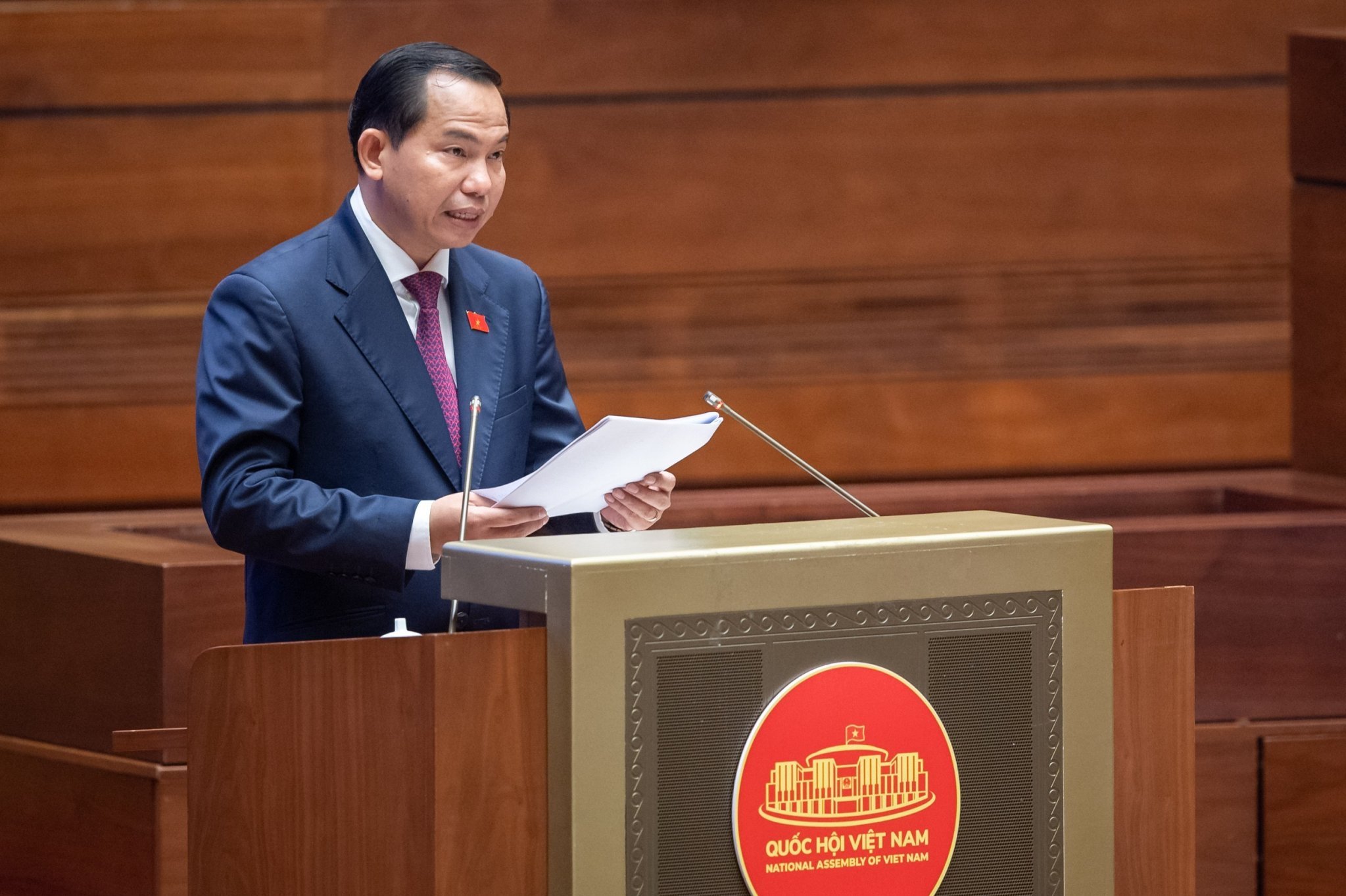
Chairman of the Finance and Budget Committee Le Quang Manh reported on the explanation, acceptance and revision of the draft Law on Prices (amended).
Removing the floor price opens up opportunities for businesses to compete, but it does not mean that businesses have the right to compete unfairly because even if businesses lower their prices, they still have to comply with the provisions of the Competition Law.
In addition, in terms of practical impact, the removal of the floor price does not actually affect aviation businesses because in recent years, the floor price in the price range has been set at 0, in Clause 2, Article 3 of Circular No. 17/2019 of the Ministry of Transport.
Regarding the impact on the State budget revenue, removing the floor price will bring many opportunities for people, promote the development of the domestic aviation market, create vibrant competition; thereby, increasing the number of people using aviation services, contributing to increasing revenue and profits for airlines, thereby increasing the State budget revenue.
Besides, maintaining the ceiling price regulation is necessary because, based on Point d, Clause 1, Article 21 of the Draft Law, domestic air passenger transport services that meet the legal criteria are goods and services whose prices are determined by the State.
Along with the proposal to remove the floor price, if there is no regulation on the ceiling price, it means that the State will remove the regulatory tool and let service providers have full authority to decide on service prices.
Airlines can absolutely set high service prices, including airfares, affecting consumer rights, production, business, and society.
The National Assembly Standing Committee believes that it is necessary to clearly distinguish whether the problem is due to the implementation organization or the law. According to current regulations, to ensure proactiveness, flexibility, and timeliness, the authority to adjust the price framework has been assigned to the Government.
If the price frame is not suitable for reality at times, the reason is due to untimely implementation; not due to the provisions of the Law.
Therefore, in case the ceiling price is found to be inappropriate, the affected entities have the right to request the Government to promptly adjust it.
Recently, many airlines have suffered losses due to many reasons, the main reason being the negative impact of the Covid-19 pandemic.
"Price 0 VND" does not include taxes and fees
There are suggestions that it is necessary to consider the relationship between the Law on Prices and regulations in the law on competition and anti-dumping when there are airlines setting "zero-dong prices".
The National Assembly Standing Committee believes that, based on the current legal system, anti-dumping policies only apply to international trade (between countries). Therefore, there is no relationship with the price of passenger transport services on domestic flights.
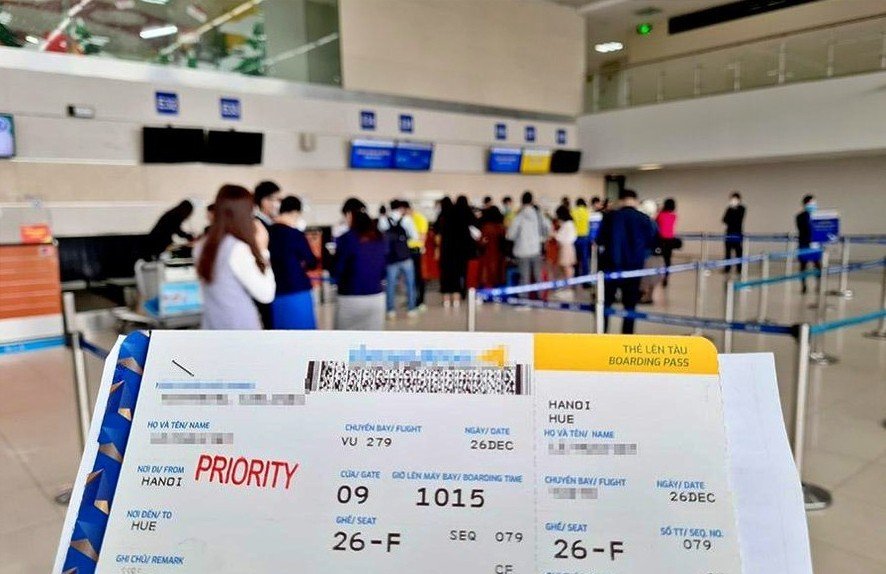
Some airlines apply "0 VND ticket" price as a form of promotion (Illustration photo).
Regarding the relationship between the Law on Prices and the Law on Competition when there are airlines setting "zero-dong prices", in fact there are no "zero-dong" air tickets because Circular 17/2019 of the Ministry of Transport clearly stipulates the principles of pricing an air ticket, which must include taxes and fees as prescribed.
The "zero-dong price" does not include taxes and fees, and consumers still have to pay a certain amount. Recently, some airlines have applied "zero-dong ticket" prices as a form of promotion, only applied to a few seats on a flight, and in reality, the price to be paid is not zero dong.
Circular 17/2019 also regulates pricing; accordingly, prices must be consistent with the actual production and business costs of each flight. The draft Law stipulates that the pricing principle must: "Ensure reasonable compensation for actual production and business costs, with profits consistent with the market price level".
In fact, airlines build flexible price ranges with many different prices, corresponding to different conditions and times. Revenue and costs will be calculated in total according to flights and routes.
On the other hand, to determine whether an airline violates the Competition Law or not, it must be based on the total cost of each flight and the average price of the airfare, not just on individual ticket prices.
This is a matter of implementation. Thus, the law on prices and the Draft Law clearly show the viewpoint of not allowing unfair competition and not contradicting the Competition Law .
Source






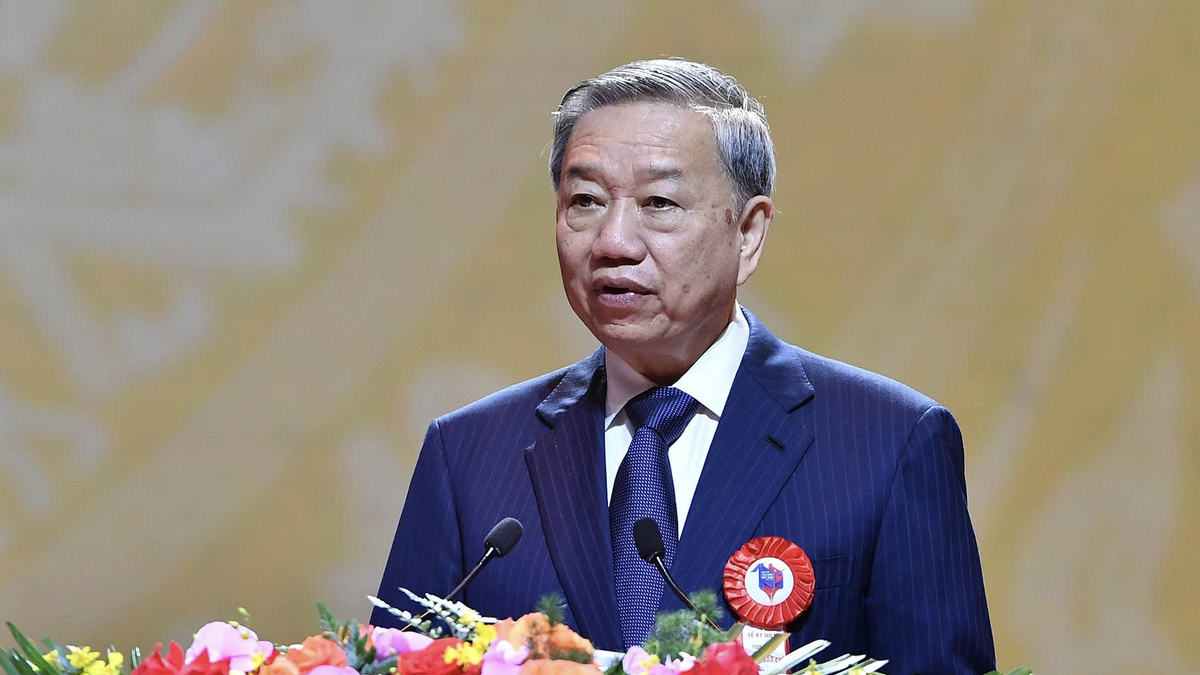



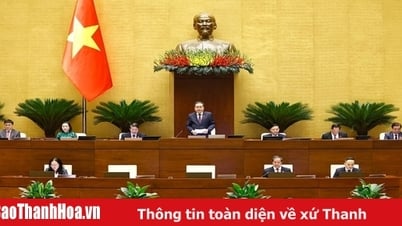















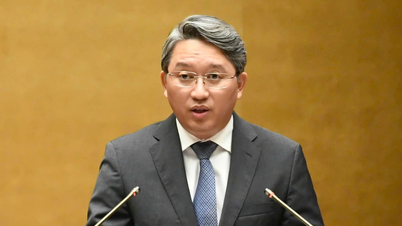










![[Photo] Central Propaganda and Mass Mobilization Department meets with exemplary journalists](https://vphoto.vietnam.vn/thumb/1200x675/vietnam/resource/IMAGE/2025/6/21/9509840458074c03a5831541450d39f8)












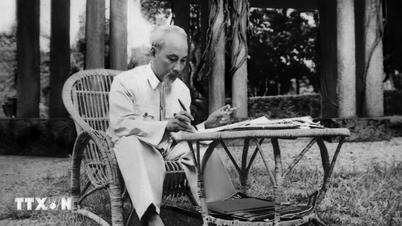









![[Maritime News] Wan Hai Lines invests $150 million to buy 48,000 containers](https://vphoto.vietnam.vn/thumb/402x226/vietnam/resource/IMAGE/2025/6/20/c945a62aff624b4bb5c25e67e9bcc1cb)



















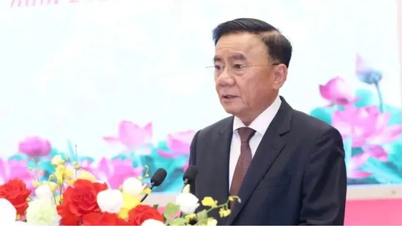
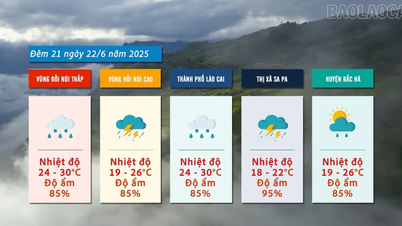
















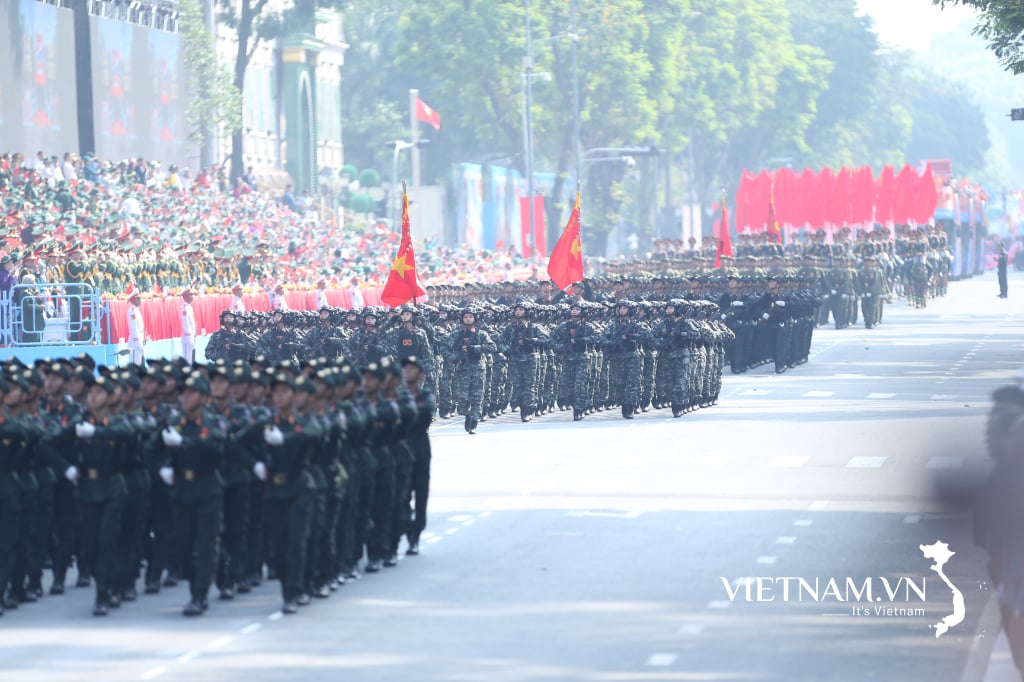

Comment (0)